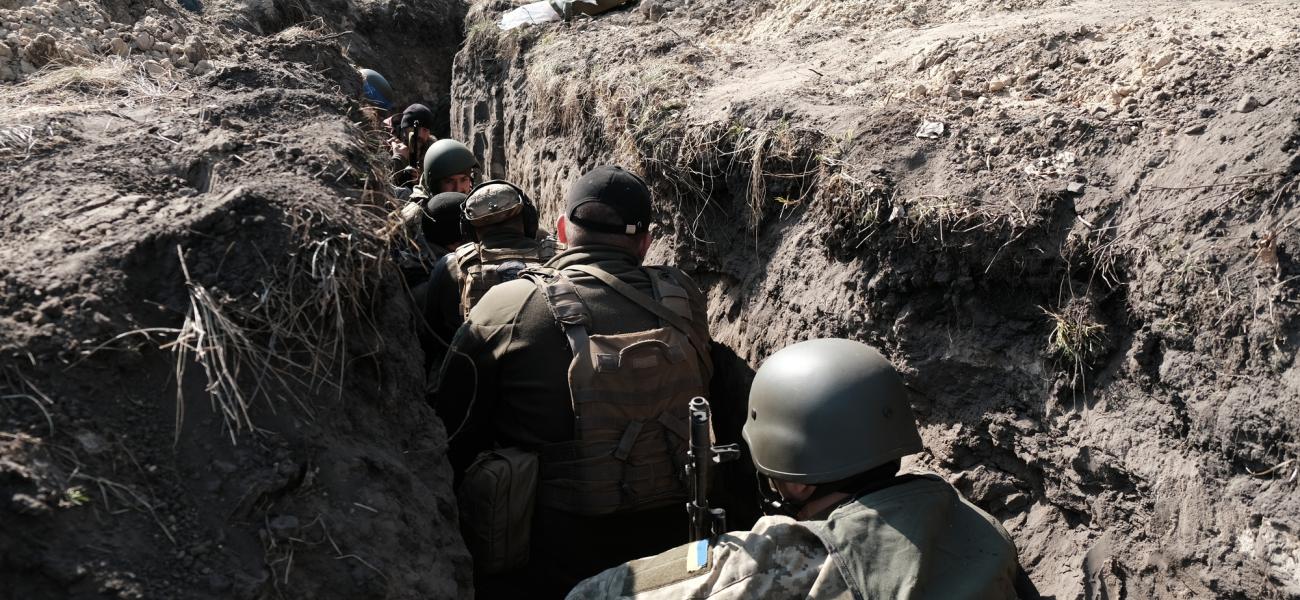
Challenges to Internal Security and the Rule of Law From an EU Perspective
This article was originally published by SWP as part of a 360 Degrees publication.
The war in Ukraine affects many areas of non-military security. Fears that Russia might blend terrorists or saboteurs in among the refugees have not materialized for the time being. Concerns about human trafficking and sexual exploitation have prompted national security authorities to take swift countermeasures. Thus far, no massive increase in these crime areas has been reported.
In the medium term, however, major challenges arise. First, the rapidly growing availability of weapons of war in Ukraine poses a significant risk to the EU’s internal security. After the Yugoslav wars in the 1990s, firearms circulated illegally for a long time and were used for criminal purposes. Stricter border controls between Ukraine and the Schengen area are therefore unavoidable, both for goods and for the increasing circular migration. After a ceasefire, the EU should monitor the demobilization of armed groups in Ukraine as closely as possible.
Second, Ukraine suffers from widespread corruption and weak rule of law. The war has set a dynamic process of nation-building in motion and strengthened state institutions. The prosecution of war crimes, supported by international actors, can also promote the rule of law. It is all the more important that Ukraine resists the temptation to convict suspected Russian war criminals too swiftly and harshly. During EU accession negotiations, systematic anti-corruption measures should be prioritized. Furthermore, it is important to prevent the war-related dominance of the executive branch and the necessary defense against Russian attempts at infiltration from causing permanent and severe damage to Ukrainian democracy, for example by imposing additional bans on political parties or giving veterans’ organizations too much influence.
Third, the EU has experience with internationally non-recognized borders only in the case of Cyprus. On top of controlling the regular external borders with Belarus and the Russian Federation, Ukraine will face huge challenges with securing ceasefire lines, which are likely to be contested over the long term. Both will stand in the way of Ukraine’s full Schengen membership even after EU accession. Therefore, political expectation management should instead emphasize the advantages of the EU’s fundamental freedoms.
In turn, the EU’s Security Union can already benefit from Ukraine during the accession negotiations. Intensive cooperation in military and “hybrid” fields of conflict already exists, especially in cyber defense. At present, it is Western states that provide assistance to Ukraine. But this trend could be reversed, with Ukrainian IT specialists increasingly supporting the EU.
Raphael Bossong
Raphael Bossong is an associate with SWP's EU/Europe division.
The opinions expressed herein are solely those of the interviewee. Photo free for use.

